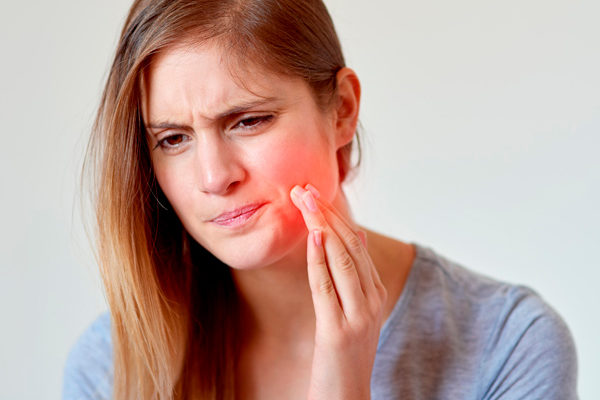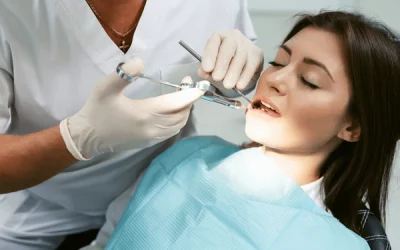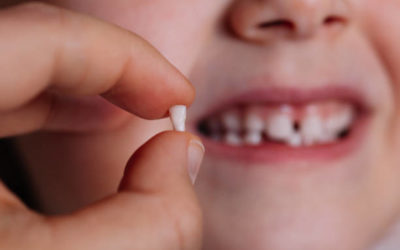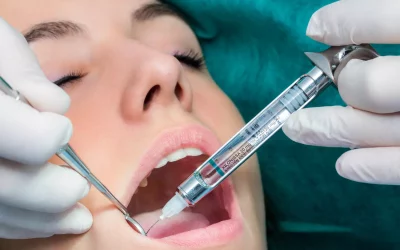
L’urgence dentaire est un problème de santé bucco-dentaire qui nécessite une attention immédiate et ne peut pas être ignorée. Dans cet article, nous vous expliquons ce qu’est une urgence dentaire Geneve, les différentes situations qui peuvent survenir et comment y faire face de manière adéquate. Alors, que vous soyez un résident ou un visiteur de passage dans la ville, il est important de connaître les informations essentielles sur les urgences dentaires pour agir rapidement et efficacement.
Les différents types d’urgences dentaires
Forte douleur dentaire
Une forte douleur dentaire est souvent considérée comme une urgence dentaire. En effet, lorsque la douleur est insupportable, elle peut occasionner d’autres problèmes de santé tels que des migraines, des nausées et même une perte temporaires du sommeil. Une telle douleur peut résulter de diverses causes telles qu’une infection, une carie aggravée, un nerf endommagé ou encore une inflammation de la bouche qui vient irriter le nerf central de la dent.
Chute ou perte d’une dent
La chute ou la perte d’une dent est également une raison valable pour consulter immédiatement un dentiste à Genève. Cela peut se produire lors d’un accident de sport, d’une bagarre, suite à un traumatisme ou simplement à cause d’une mauvaise hygiène dentaire. Les dents de lait chez les enfants peuvent également tomber d’elles-mêmes. Il est important de ne pas hésiter à consulter un spécialiste dans ces situations pour minimiser les risques de complications.
Abscesses dentaires ou inflammations
Les abscesses dentaires sont des infections bactériennes qui se développent au niveau de la racine de la dent et provoquent souvent une inflammation douloureuse. Les symptômes peuvent inclure des douleurs intenses, une fièvre, des saignements des gencives, ainsi qu’une mauvaise haleine. Si l’infection s’étend rapidement et n’est pas traitée à temps, cela peut entraîner de graves complications telles que l’extraction de la dent voire même l’hospitalisation.
Réagir face à une urgence dentaire Geneve
Agir rapidement
Lorsqu’une urgence dentaire survient, il est essentiel d’agir rapidement afin de prévenir les complications et soulager la douleur. Selon le type d’urgence dont il s’agit, vous pouvez appliquer des premiers soins avant de vous rendre chez votre dentiste. Par exemple, en cas de douleur intense, vous pouvez prendre un antalgique en vente libre en attendant votre consultation, tandis que si vous avez une inflammation, un rinçage avec de l’eau tiède salée contribuera à réduire la douleur et l’enflure.
Consulter un dentiste d’urgence dentaire Geneve
Demander l’aide d’un dentiste d’urgence est primordial lorsqu’une situation critique se présente. Il est conseillé de contacter votre dentiste habituel, qui pourra vous orienter vers le praticien de garde en cas de besoin. Certains cabinets sont équipés pour prendre en charge les urgences dentaires même sans rendez-vous, et des dentistes d’urgence sont également disponibles dans les hôpitaux et cliniques de Genève.
Suivre les recommandations du praticien
Une fois pris en charge par un professionnel, il est important de suivre à la lettre ses recommandations afin d’éviter toute récidive ou complication potentielle. Cela peut comprendre la prise d’antibiotiques, l’utilisation d’un bain de bouche antiseptique, l’application d’une compresse froide sur la zone touchée et le repos.
Prévenir les problèmes dentaires
Maintenir une bonne hygiène bucco-dentaire
Pour minimiser les risques d’urgences dentaires. Il est essentiel de maintenir une bonne hygiène bucco-dentaire en se brossant les dents deux fois par jour au minimum, en utilisant du fil dentaire et en prenant soin de changer régulièrement sa brosse à dents afin de garantir un nettoyage optimal. N’hésitez pas à demander conseils auprès de votre dentiste concernant les techniques de brossage appropriées et les produits adaptés.
Effectuer des visites régulières chez le dentiste
Les visites régulières chez le dentiste vous permettront de détecter et traiter les problèmes dentaires avant qu’ils ne deviennent critiques. Il est recommandé de consulter son dentiste au minimum une fois par an pour un contrôle, ou plus fréquemment en cas de problème connu, notamment si vous êtes sujet à des caries.
Protéger ses dents lors d’activités sportives
Dans le cadre d’activités sportives présentant des risques pour vos dents, il est important de penser à protéger celles-ci avec un protège-dents afin de minimiser les conséquences en cas de choc. Sachez que votre dentiste peut fournir un protège-dents sur mesure selon la morphologie de votre mâchoire.
Ainsi, face à une urgence dentaire à Genève, n’hésitez pas à consulter rapidement un spécialiste pour obtenir les soins appropriés. Toutefois, dans le but de prévenir ces situations, veillez à avoir une bonne hygiène bucco-dentaire et effectuer des contrôles régulièrement.





